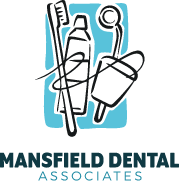Has a missing tooth affected how comfortable you are with your smile? Has your ability to chew food been compromised? A lost tooth can be introduce several complications into your life. These compromises with routine jaw function can actually lead to TMD (temporomandibular joint disorder), an uncomfortable affliction that can cause pain in your face and neck. TMD refers to problems with the joints that attach your jaw to your skull, which can cause you to suffer several unpleasant symptoms. By having a prosthetic inserted to replace a lost tooth, you can eliminate a potential cause of this condition.
What Is TMJ Dysfunction?
TMD refers to a disruption in the TMJs (temporomandibular joints). There is no single factor that causes this condition – it can be the result of trauma to your face, arthritis in the joints, or as a side effect of bruxism (teeth grinding). One potential factor is an uncomfortable or unnatural bite. If you have changed the way you bite or chew because of a missing tooth, these unnatural motions can tax your TMJs. Headaches, facial soreness, and painful or difficult jaw movement are all possible symptoms of TMD.
Options For Replacing Lost Teeth
Several options exist for replacing lost teeth. A dental bridge can replace a lost tooth by inserting a prosthetic that is supported on either side by crowns, which are placed over neighboring teeth. You can also replace a lost tooth with the help of a dental implant. The implant holds a replacement tooth by serving as its tooth root. Full and partial dentures are available to respond to advanced tooth loss.





Recent Comments